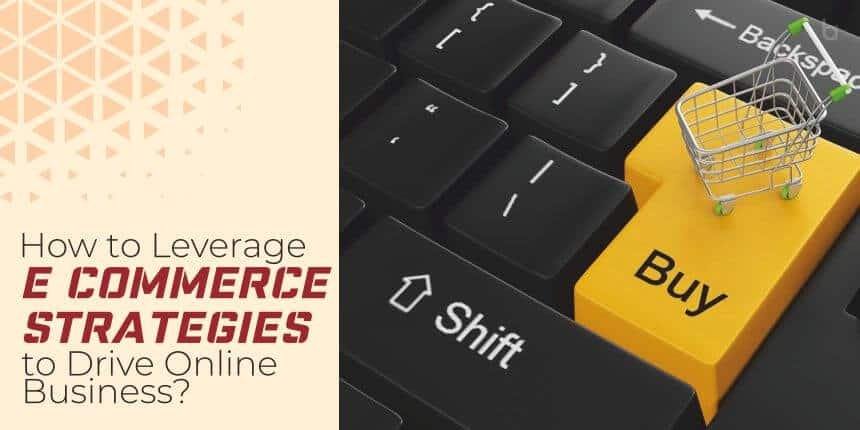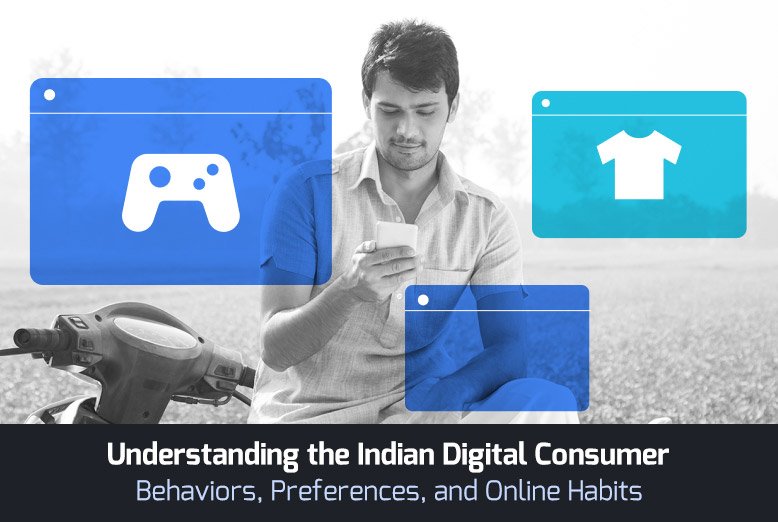Online store. Online payments. Mobile commerce. All of these play a crucial role in an e-commerce business. E-commerce is a buzzword that is here to stay and won’t be going anywhere anytime soon. It’s everywhere. From gas stations that accept mobile payments to fast food restaurants that allow consumers to order online and have their food delivered. Due to technological advances in the areas of e-commerce, Internet connection speeds, Internet security, social media, and mobile app development along with increased mobile device usage and faster shipping options, consumers have more shopping options than ever before. Statista estimated $4.8 Trillion global e-commerce sales by 2021, almost a trillion dollars more than 2020. This revolutionary shift has attracted small-to big-sized businesses with opportunities to learn technical expertise. But as the old saying goes, “If you fail to plan, you plan to fail.” E-commerce strategies are vital for starting an online store to make Field of Dream real.
Why Create E-commerce Strategies?
There are currently 2 Billion global digital buyers. Of course, what matters isn’t where the numbers are but where they are going. When deciding to implement an e-commerce strategy, planning is crucial. It allows people to take an eagle-eye view of their company and its products and services to determine the best way to present and sell them to the target audience. It also helps determine whether their products or services would be a good fit to sell online. Even though technology gives them the ability to create online stores to sell anything to anyone doesn’t necessarily mean that they should. Some things don’t sell well online. As a result, money and time are wasted trying to entice people to buy things that don’t interest them when it could have been better used elsewhere.
So, what makes a good plan? Before the days of global positioning systems (GPS) in cars and on mobile devices, people used good old-fashioned maps or an atlas to help guide them to their destinations. The same way that they would use a map or GPS for a trip, their e-commerce strategies would be their map. They will guide to an end goal so that they can be successful. Along the way, they might venture off course, but they can always review their strategies and make the necessary corrections to get back on track. The good thing about their approach is that strategies not only meet their current needs, but they also anticipate and grow with their future needs. This is called scalability.
Creating E-commerce Strategies
E-commerce is not for the faint of heart. To be successful, it will involve a lot of research along with hard work. Look at success stories such as Amazon.com, there is nothing wrong with having that positive vision, but a dreamer must realize that everyone wants to become the next Amazon. Just like Amazon didn’t become a success overnight, neither will anyone. Competition in the e-commerce market space is fierce. Success comes at a cost. Everyone has to pay their dues through trial and error, sweat, and tears until one perfects his/her strategy. Even though today’s e-commerce solutions such as Shopify and PayPal make it easier than ever to set up online stores, that’s only one piece of the puzzle. It will still take time to see success.
Many businesses want to sell products or services online but haven’t thoroughly planned their strategy. This is like building a house without a blueprint. Who does that? Even though one might make a home, he/she doesn’t know if it was built correctly or how long it will remain standing. The same principle applies while creating an online store. By understanding the purpose of starting an online store, it will keep one focused on his/her end goal and not just profits. Not to say that gains are not essential, but to keep them consistently flowing, one must be diligent.
Creating and Securing an Online Store
Now it’s time for the rubber to hit the road and begin creating an online store. Most people are ready to dive right in and start adding products or services, but the organization is key for long-term growth and success. Depending on the number of products a company plans to sell, it is always a good idea to start off by creating categories followed by other tools. For example, Product or Service Categories. Whether shopping in-store or online, many consumers do not want to aimlessly search for what they want or need. They are impatient and in a hurry. Upon arriving at a brick and mortar or online store, many already know what they need to purchase but just need to locate it and pay for it.
Besides adding descriptive categories with an attractive e-commerce theme, securing the online store is crucial to provide customers a welcoming experience. Consumers want to feel assured that a business has implemented the necessary security measures to protect and secure their personal and financial information from hackers and are constantly reviewing and updating them. Security strategies should be considered early in the planning phase so that they can be properly planned and implemented. By having these security strategies readily available, online store owners can be more proactive rather than reactive when a security breach occurs.
Testing and Marketing an Online Store
Typically, testing is the last phase of a project that is done before an online store is launched. Testing helps companies feel confident that consumers will have a positive shopping experience. It does not mean that customers will not experience any errors because customers might follow a shopping path that was not initially tested. Testing allows companies an opportunity to correct any errors before customers discover them as well as ensure that the store works as designed and expected. Here, some crucial strategies are needed that not only work but are also flexible enough to address unanticipated areas of concern, such as product image, product description, SSL implementation, payment methods, etc.
Once an online store is launched, many store owners think they can take it easy and wait for orders to come in because the hard work has been done. Not yet! If the marketing has not taken place before the store launches, how will the target audience know the store exists? They will not. Marketing is the key to notifying the world that any type of store exists. It’s rare but a well-planned marketing strategy can be a common practice after an online store launches. In marketing, one of the most basic concepts is the 4P’s of Marketing: product, price, promotion, and place. Considering the online store’s promotion (marketing), it is better to start asking the five W’s and H questions concerning promotion:
Who will be in charge of the promotion campaigns?
What promotion techniques or methods will be used?
When will promotions begin?
Where will the promotions take place?
Why is promotion important?
How will the promotion take place?
Once an online store launches, the work does not necessarily end. It actually begins because the online store must be maintained whenever it’s needed. Its success and failure depend on the amount of maintenance applied to help the store meet its short-term and long-term goals. By following these e-commerce strategies, an online store can operate efficiently and provide a good customer shopping experience.
Also Read: Why The Look and Feel of Your Online Business Links Matters





